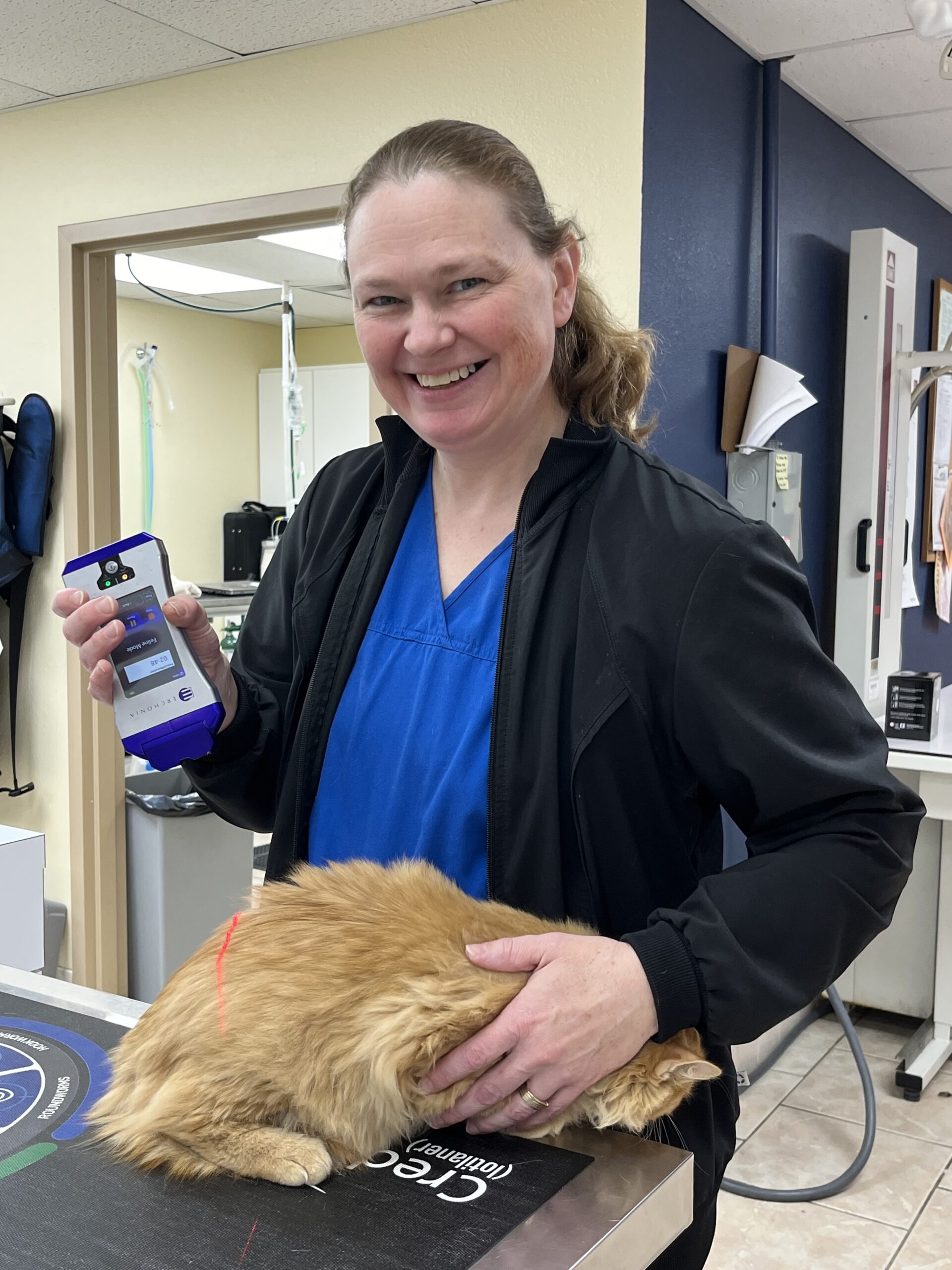Arthritis Care atAnimal Hospital of Tiffin
Understanding Arthritis in Pets
Arthritis is a common condition in both dogs and cats, characterized by inflammation and degeneration of the joints. It can result from various factors, including age, injury, or underlying orthopedic conditions like hip dysplasia. While large breed dogs are more prone to arthritis, any pet can develop this condition, especially as they age.
Common Symptoms of Arthritis
- Limping or favoring a limb
- Stiffness, especially after resting
- Difficulty climbing stairs or jumping
- Reluctance to exercise or play
- Noticeable pain when touched
- Weight gain due to decreased activity
- Behavioral changes, such as irritability
If your pet exhibits any of these symptoms for more than a week, it’s essential to consult with a veterinarian. Early detection and treatment are key to managing arthritis effectively. Schedule a consultation today to explore effective treatment options and improve your pet’s quality of life.
Comprehensive Arthritis Treatment Options
At Animal Hospital of Tiffin, we provide a range of treatments to help manage your pet’s arthritis. Our personalized approach ensures that each pet receives the most appropriate care for their specific condition.
Key Services for Arthritis Management
Maintaining a healthy weight reduces stress on your pet’s joints. We offer dietary recommendations and exercise plans tailored to your pet’s needs.
Anti-inflammatory medications and pain relievers can help manage arthritis symptoms, reduce discomfort, and improve mobility.
We provide supplements that support joint health, such as glucosamine and chondroitin, which can help slow the progression of arthritis.
Physical therapy exercises can strengthen muscles around the joints, improving mobility and reducing pain.
This non-invasive treatment helps reduce inflammation and pain, promoting healing in the affected joints.
The Importance of Early Intervention
Early diagnosis and treatment of arthritis can significantly improve your pet’s quality of life. Regular check-ups allow us to monitor your pet’s condition and adjust their treatment plan as needed. By addressing arthritis early, we can help slow its progression and keep your pet comfortable for years to come.
Benefits of Early Arthritis Care
- Reduced pain and inflammation
- Improved mobility and activity levels
- Slower progression of joint damage
- Enhanced overall quality of life
Supporting Your Pet’s Comfort and Mobility
At Animal Hospital of Tiffin, we understand how challenging it can be to see your pet struggle with arthritis. Our team is here to support you and your pet every step of the way. We’ll work with you to create a comprehensive care plan that addresses your pet’s specific needs, ensuring they receive the best possible treatment.
Why Choose Animal Hospital of Tiffin for Arthritis Care?
- An experienced veterinarian who understands the complexities of arthritis in pets
- A range of treatment options customized to your pet’s condition
- Ongoing support and monitoring to ensure the best outcomes
If your pet is showing signs of arthritis, don’t wait to seek help. Contact Animal Hospital of Tiffin today to schedule an evaluation and start your pet on the path to better health and comfort. Our compassionate team is dedicated to providing personalized care, helping your pet maintain mobility and


